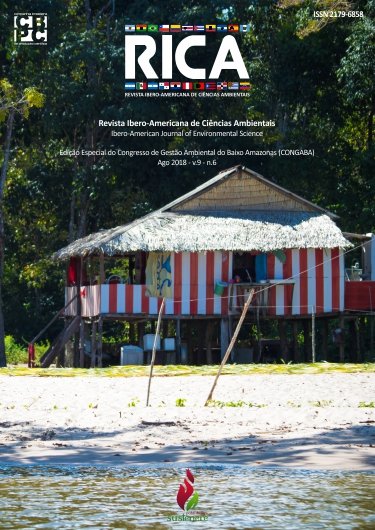Analysis of poisoning by agricultural pesticides in Brazil between 2009 and 2014
DOI:
https://doi.org/10.6008/CBPC2179-6858.2018.006.0017Keywords:
Glyphosate, Intoxication, Public healthAbstract
In much of Brazilian agricultural production, pesticides have been widely used for crop protection and pest control. They are so used that there is much discussion about its abuse, and the consequences of its use for the human organism. Brazil has become the largest consumer of pesticides in the world, including herbicides, insecticides and fungicides. Organophosphate pesticides, especially glyphosates, are the most used in Brazilian productions and the target of several studies on their toxicity, since several pathologies are related to direct or indirect exposure to these products. This article aims to perform an analysis of pesticide use in Brazil, the main relationships with health and, through pesticide use data category agricultural use, to present data on the number of poisoning, aiming to detail how harmful continuous use pesticides contributes to public health spending. The methodology consisted of surveying open data from IBGE, SINAN and SINITOX to perform temporal analysis. It was found that the hazardous class III was the most used and glyphosate and its salts are the most applied active ingredients. Regarding poisoning, there was a decrease in case records, however, it is observed that there are still many underreporting in the country. It was also noted that, for events such as these to be reduced, the implementation of public policies to encourage organic and agroecological production is indispensable, contributing to a better quality of life for all who work and consume the products derived from these productions.
Downloads
Downloads
Published
Issue
Section
License
The CBPC - Companhia Brasileira de Produção Científica (Brazil CNPJ: 11.221.422/0001-03) the material rights of the published works. The rights relate to the publication of the work anywhere in the world, including rights to renewals, expansions and dissemination of the contribution, as well as other subsidiary rights. All electronically published works may subsequently be published in printed collections under the coordination of this company and / or its partners. The authors preserve the copyright, but are not allowed to publish the contribution in another medium, printed or digital, in Portuguese or in translation.









